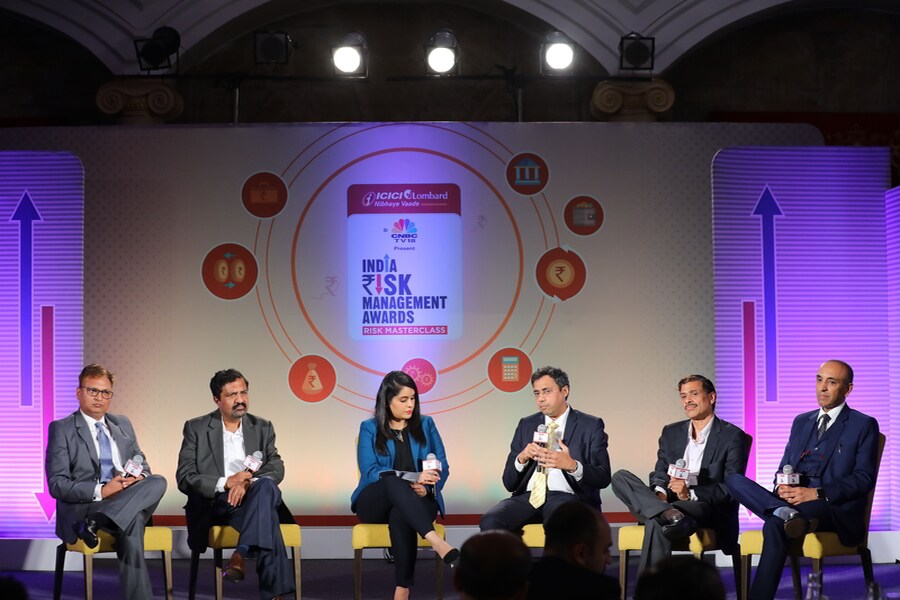
Corporate sector raising its guard against new-age risks

With the corporate risk landscape constantly changing with new risks, such as cyber risk and technology risk, creating new threats, companies should work on creating a overall enterprise risk management (ERM) framework for effective management and mitigation of risks.
“Companies must create an overall ERM framework that shows where the organisation stands at a certain point in time and how its risk preparedness has changed. The framework could be updated quarterly or yearly,” Sandeep Goradia, Head, Corporate Solutions Group, ICICI Lombard General Insurance Co said.
Goradia was speaking at the Bengaluru chapter of Risk Masterclass as part of the India Risk Management Awards (IRMA) organised jointly by ICICI Lombard General Insurance and CNBC TV 18.
Besides cyber risks, new threats are emerging from global warming, geopolitics and changing regulatory frameworks on data protection. “As an insurer, we are seeing that the entire fabric or risk is completely changing,” Goradia said.
However, awareness of cyber threats is rising. “Many companies which thought they are unlikely to face cyber attacks are rethinking. On January 1, 2020, one of the largest steel and power sector companies took a huge cyber programme which was independent of their normal material damage and business interruption covers. This is just a start,” he said.
Debasish Kar, Vice President, Corporate Solutions Group, ICICI Lombard General Insurance echoed Goradia’s views. “For ages we have been discussing risks but over the last few years it has changed towards new-age risks. Cyber and technology risk are becoming important. When we meet CXOs of companies, they are coming forward and discussing ways to mitigate risks,” Kar said.




